

We grieve differently. We see the world differently. We heal differently. We open our hearts differently. We are different because we, ultimately, must be. Sameness, the whole humdrum operation, wouldn’t serve us anyway.
It shouldn’t be difficult to “make do” with the grief I feel. But, I always end up comparing my pain to others. In grief’s journey of anger, sadness, questioning, and guilt, pain becomes delectably comparative. When I feel a certain way, I always wonder if I’m the only one.
Grief as a Collective Experience
Lately, grief has become collective. We’re all feeling the same loss of normal, a heaviness we’ve never felt. And we’re allowed to feel it together. What a unique and terrifying thing. With that, it’s easy to feel like the pain you feel is never enough to justify grief. I never think my pain is enough. I’m not on the front lines. My family is safe. I level my pain in a figurative measuring cup against the entire world.
I never think my pain is enough. I’m not on the front lines. My family is safe. I level my pain in a figurative measuring cup against the entire world.
Or, equally contradicting, I expect those who are also grieving to know how I feel and navigate the pain like I do. I know that sounds selfish. It’s selfish but I can’t help it. I want other people to grieve how I grieve because I want agony to make sense. I want my healing to be universal and accepted and unison. I want my healing to run alongside others in a race, instead of stressing to catch up. Most of all, I want to escape. And I want someone to say, “That’s fine. Wanting to run away from this is natural.”
The Thing Is, Grief Is Distinctive
Unfortunately—or fortunately, I’m not sure—grieving is distinctive. That’s not to say we have to feel isolated in our grief. However, of the many truths in life, humans should not be expected to level up misery for one another. We cannot compare our grieving. And we cannot expect others to carry our pain, offer their words of complete understanding, or reflect our own pain like a mirror. Even if comparing grief feels like the empathetic thing to do, we must have empathy, above all, for ourselves.
I’ve learned a lot over the past few months. But the lack of expected grief-sharing and comparing has been one of the biggest lessons thus far.
We cannot expect others to carry our pain, offer their words of complete understanding, or reflect our own pain like a mirror. Even if comparing grief feels like the empathetic thing to do, we must have empathy, above all, for ourselves.
That’s what makes grief so interesting. Empathy, the real guts of it, can be more effective within ourselves. According to Leslie Jamison’s book, The Empathy Exams, “[empathy] suggests you enter another person’s pain as you’d enter another country, through immigration and customs, border crossing by way of query. What grows where you are? What are the laws? What animals graze there?” And the reason this makes grief difficult is that it’s not our responsibility to understand these things about one another. We must first understand what’s grazing in our empathetic country.
My Partner’s Grief Is Completely Different From My Own
In my relationship with my partner, we live in different countries of grief. I treat grief like a slow burn. I cry loudly and I fall into silence. I’m drastic and let grief throb within me like hot coal. I express my feelings. I tell him about how my brain feels. My significant other on the other hand, whom I love, couldn’t be more different. He jokes his way through grief. For him, comedy makes the pain seem less impactful. He’s rather “practically cynical” and points out the worst that can happen. It’s a completely novel way for him to cope, especially because it’s his.
However, cracking jokes about the worst that could happen swings me on a downward spiral of despair. Comparing my pain to his hurts. I’m a hopeful Nancy. I walk around the damn house like I’m Mother Teresa’s good angel. I figure I have nothing to lose, so I drown the room with positivity. It can get annoying, I am certainly sure. But overly fabricated hope keeps me running. Good faith, especially if it feels like it’s all I have, keeps me whole.
We hold grief differently. He slings it over his shoulder or puts it in the closet for another day. I wear it on my sleeve and cradle it like a baby. And (I can’t stress this enough) there is nothing wrong with either of those coping mechanisms!!
At first, I judged him for the way he grieved. We got in a few disagreements about how we dealt with the loss of normal. I’m guessing he judges me too, even though he would never admit it. I’m sure he assumes I’m “not realistic.” We don’t grieve exactly alike and we fear, if we don’t, we won’t ever understand each other. Or more importantly, ourselves. Suddenly, our own grieving doesn’t make sense. We must be doing it wrong.
We hold grief differently. He slings it over his shoulder or puts it in the closet for another day. I wear it on my sleeve and cradle it like a baby. And (I can’t stress this enough) there is nothing wrong with either of those coping mechanisms!!
This frustrated me for weeks. Part of me didn’t want to feel hurt by my grief, betrayed by its novelty, so I became obsessed with analyzing someone else’s. Of course, the constant comparison made me feel even more isolated. The truth is, I’m even more afraid of the way I react to things than of how they sound. Action is the truth of our core. Until we respond to something, grief is just a notion. So, it’s naturally easier to observe someone else.
We Can’t Judge the Grief of Others
Low and behold, on one of my long afternoon jaunts through my neighborhood, listening to Brené Brown’s incredibly wise and timely podcast, Unlocking Us, I had a podcast epiphany (Writer’s Note: for my foreseeable future, I will be sourcing all knowledge from Brené Brown). Brené and David Kessler, a death and grieving expert and author, discussed how, nowadays, we are forced to feel collective loss; how best to handle the hurting together.
Kessler discussed how we can’t judge others’ grieving process’ because, no matter what, we are going to feel bad in our judgement. He said, “Judgement demands punishment. When we judge others, it hurts ourselves.”
Well, woof.
I’ve known judgement is taboo for quite some time, but never put the lesson alongside grief.
The only way we’re supposed to grieve with others is to witness without judgment. “I’m going to witness yours, you’re going to witness mine,” Kessler was quoted during the episode. “We can’t do anything more or anything less. It’s the parable of the long spoons. The meaning has to be within us, somehow. We can’t dig for it inside of others.”
We can’t dig for it inside of others. The meaning of grief is within us.
I know now, I can’t expect people to grieve equally. Instead, I must dig inside what’s going on in my soul house and decipher what that means for me first.
We can’t isolate each other, of course. The parable of the long spoons is the perfect comparison story, as noted by Kessler. We simply have to witness, listen, and offer our hand.
Imagine we are in a room full of the richest soup, good people, and long spoons. We can’t feed ourselves, but we hold spoons for one another and feed each other. That’s it. It’s that simple. Be kind to one another and grieve openly and without judgement. We are not alone in our own grief, we are in charge of it.


Brittany Chaffee is an avid storyteller, professional empath, and author. On the daily, she gets paid to strategize and create content for brands. Off work hours, it’s all about a well-lit place, warm bread, and good company. She lives in St.Paul with her baby brother cats, Rami and Monkey. Follow her on Instagram, read more about her latest book, Borderline, and (most importantly) go hug your mother.
BY Brittany Chaffee - May 10, 2020
Most-read posts:
Did you know W&D now has a resource library of Printable Art, Templates, Freebies, and more?
take me there
Get Our Best W&D Resources
for designing a life well-lived




Thank you for being here. For being open to enjoying life’s simple pleasures and looking inward to understand yourself, your neighbors, and your fellow humans! I’m looking forward to chatting with you.
Hi, I'm Kate. Welcome to my happy place.





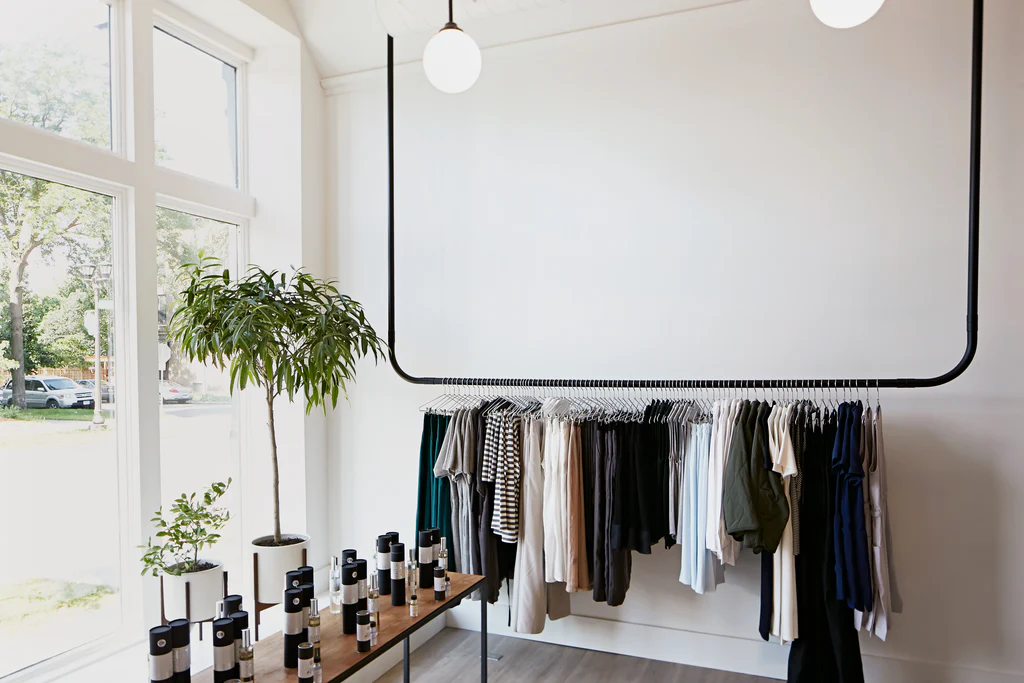
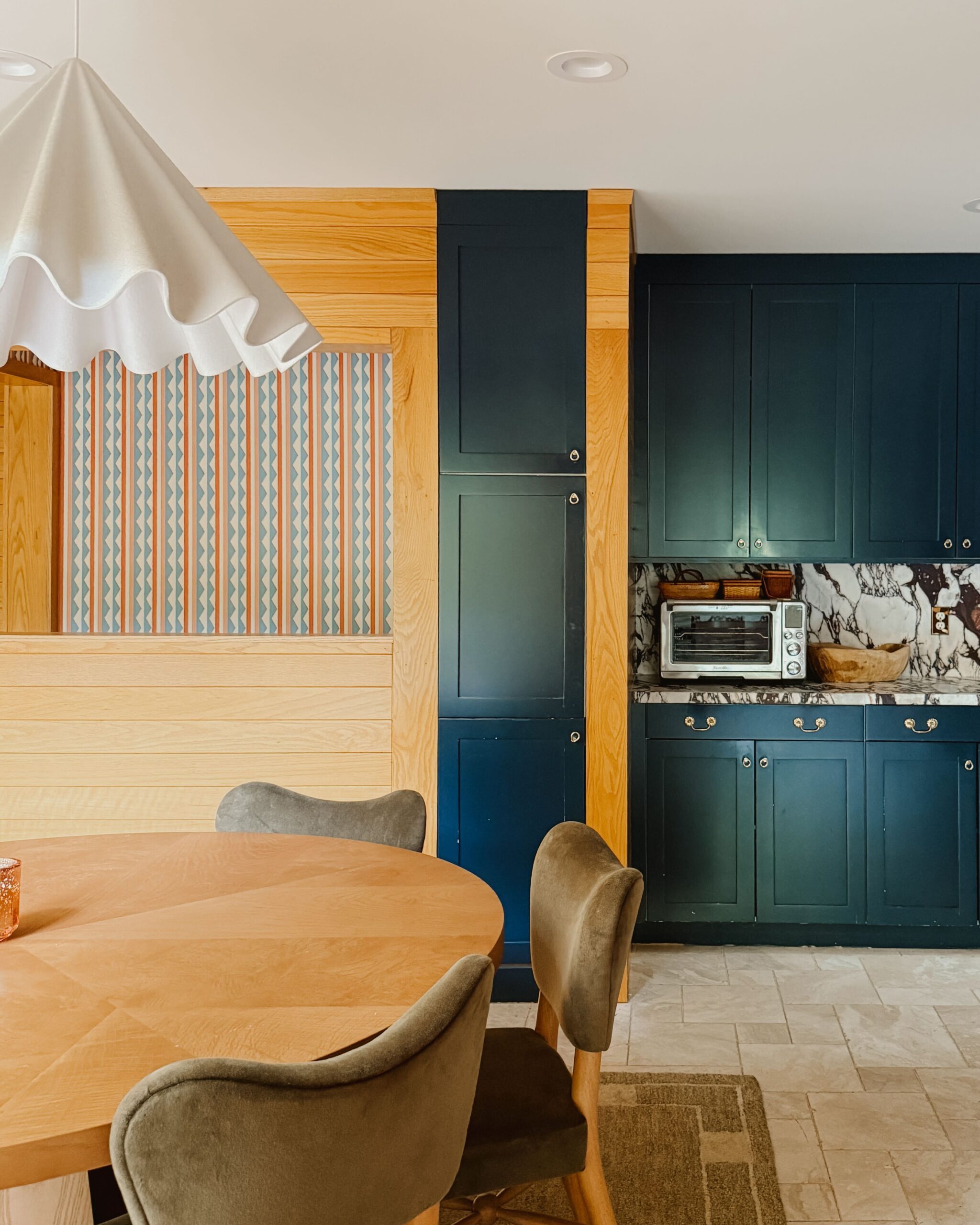


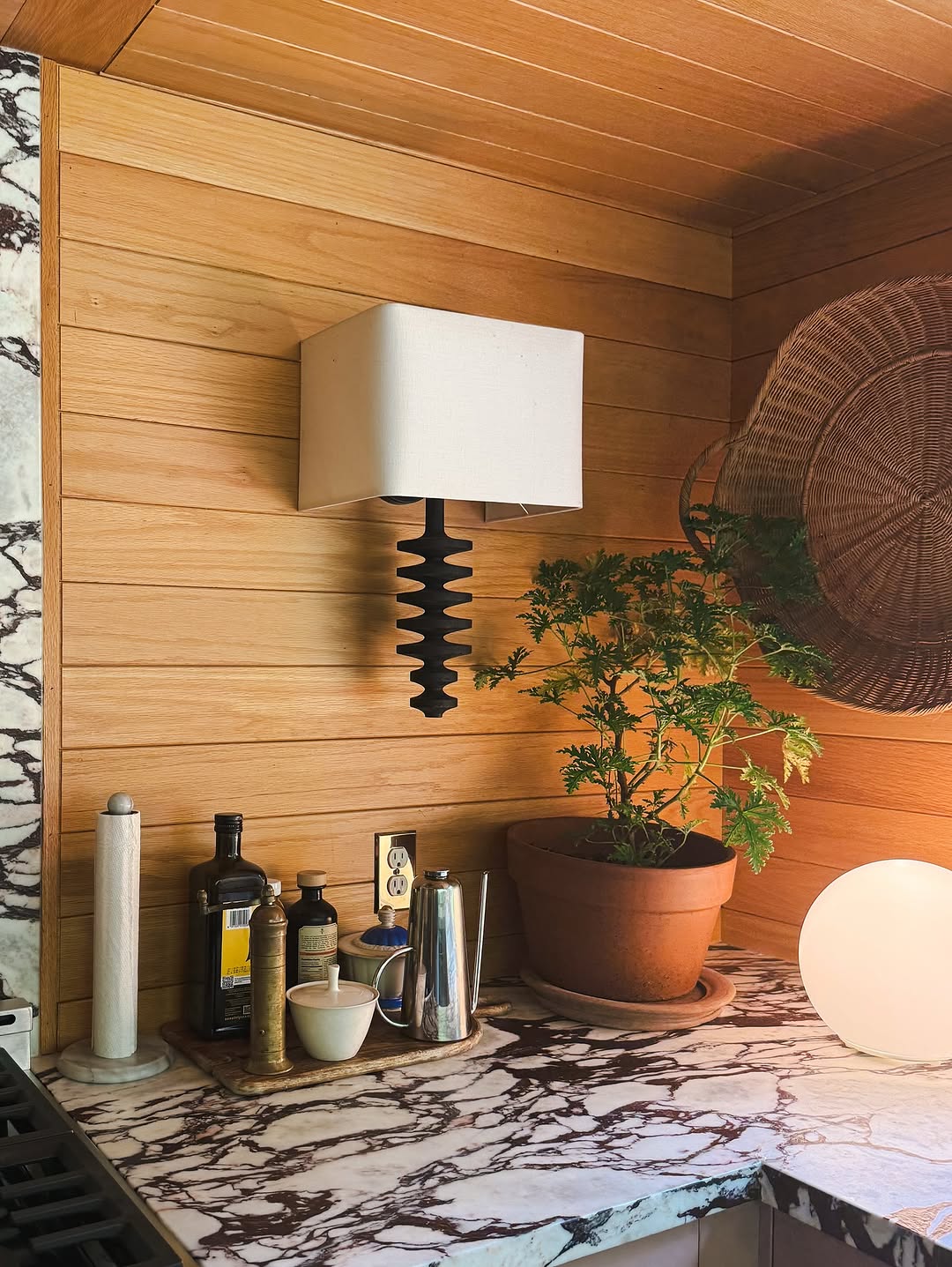

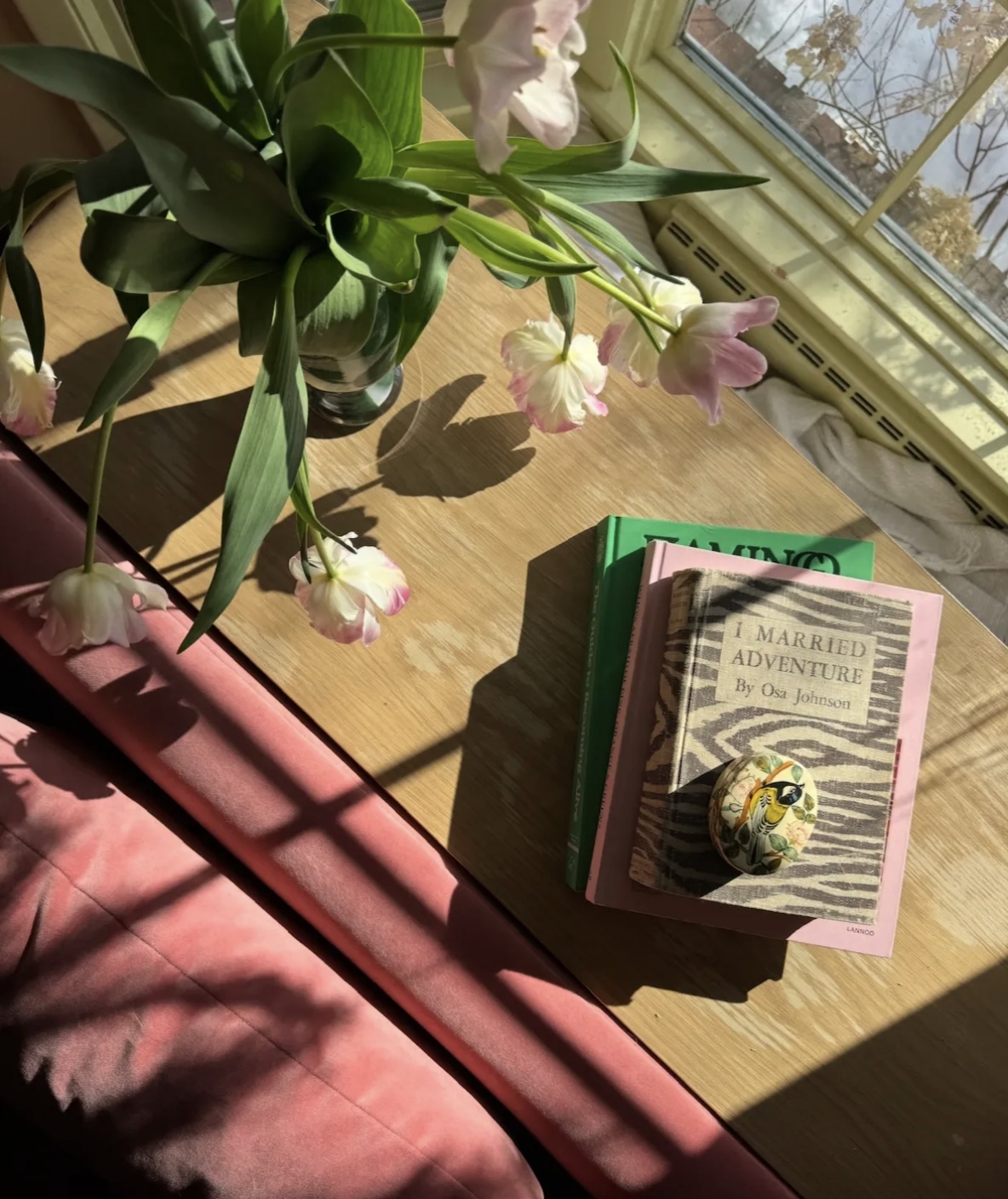
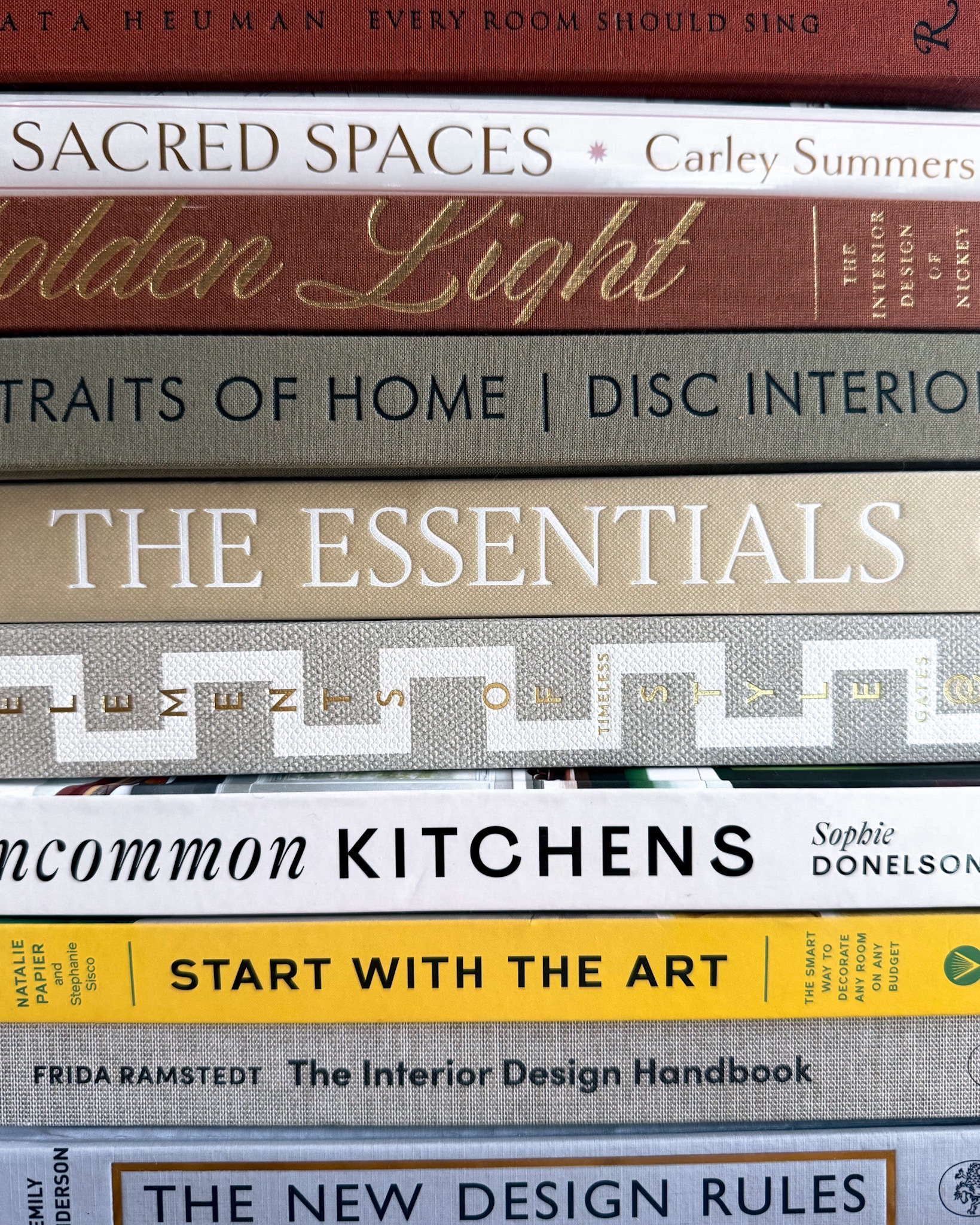
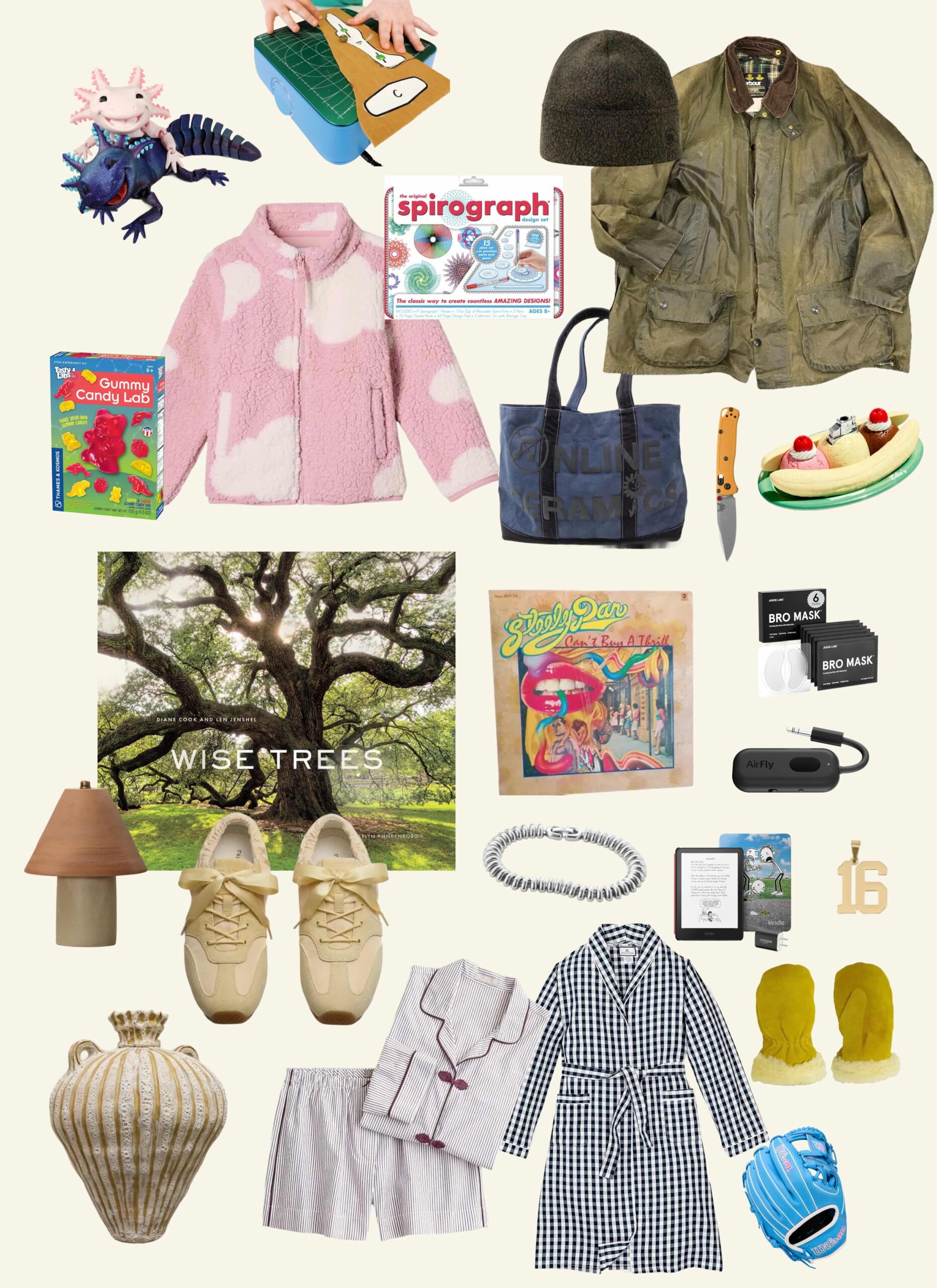




You’re absolutely right in when you say you shouldn’t judge others in how they grieve, we all grieve differently and have different coping mechanisms x
Lucy | http://www.lucymary.co.uk
Lucy,
Thank you so much for reading! We do all grieve differently and knowing this gives me so much ease, even though I struggle with comparing my pain to others every day. Hope you have a lovely week!
xoxo,
Brittany